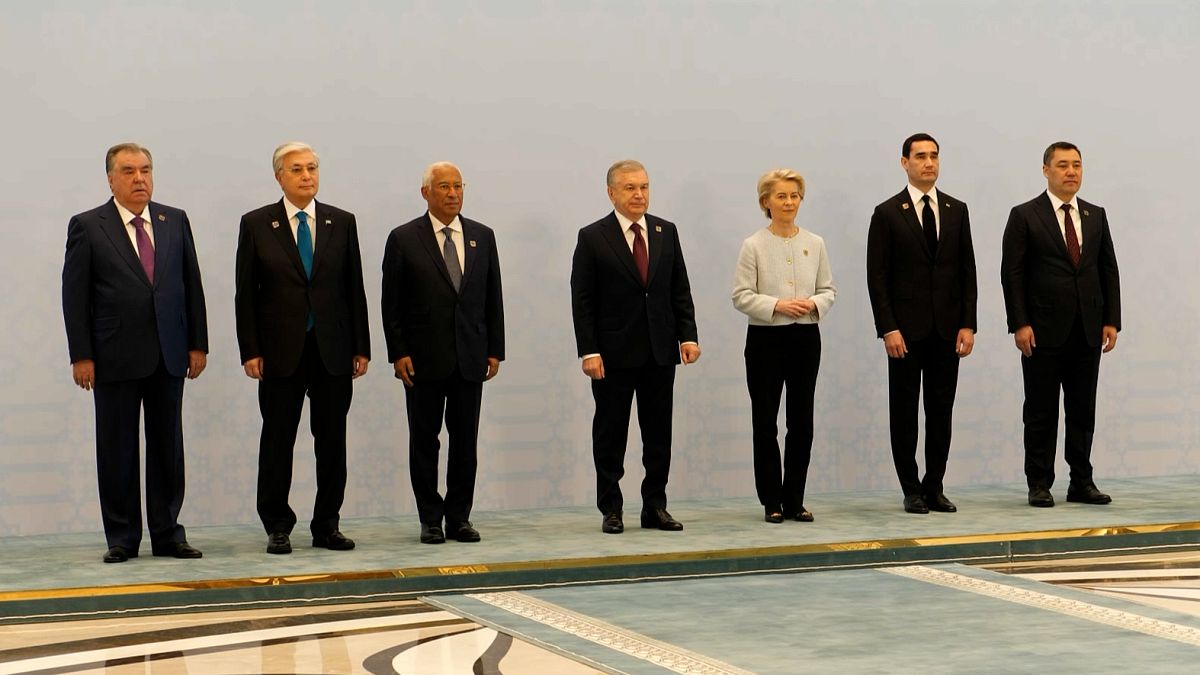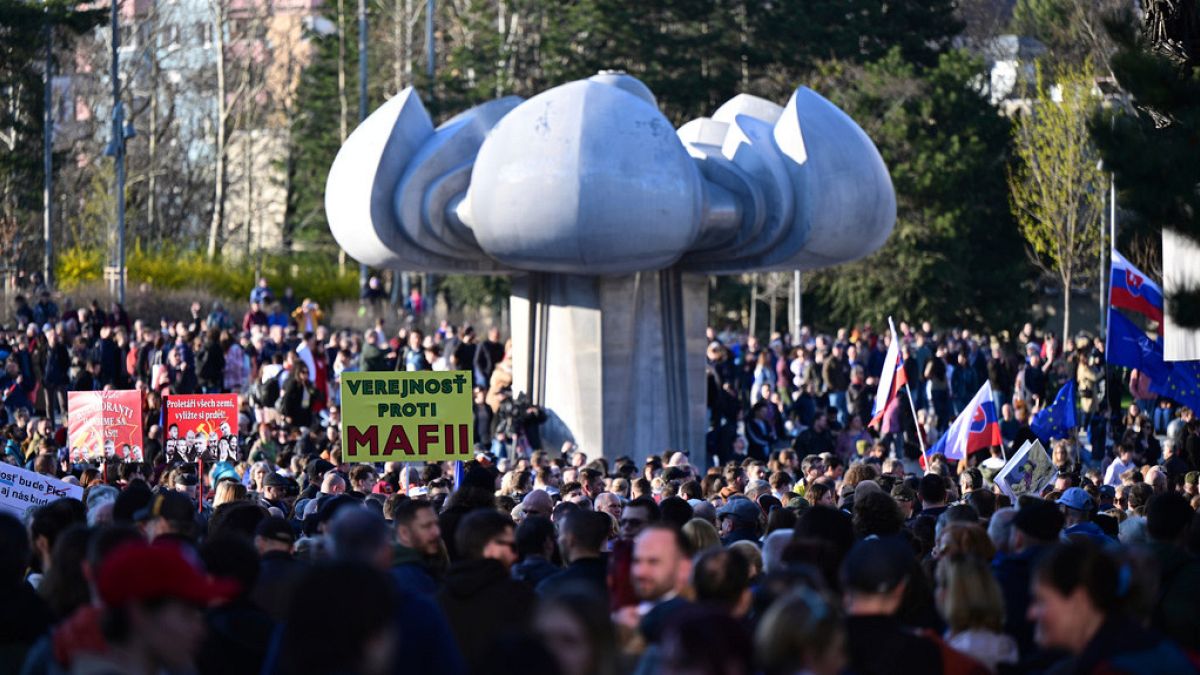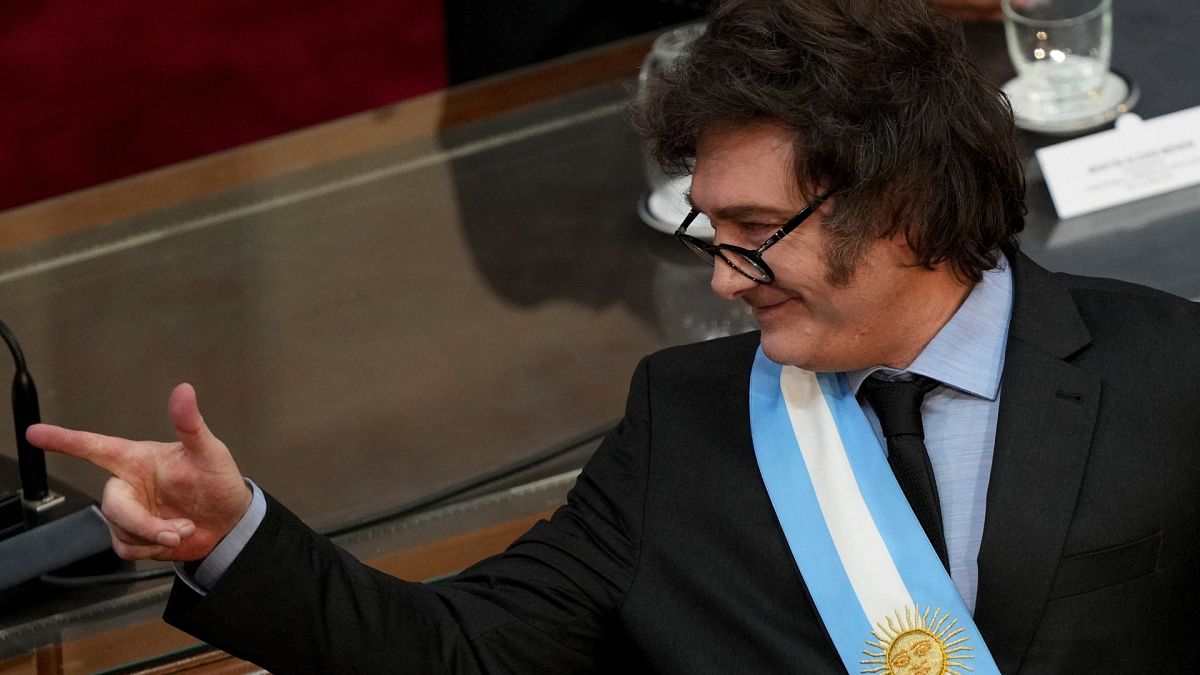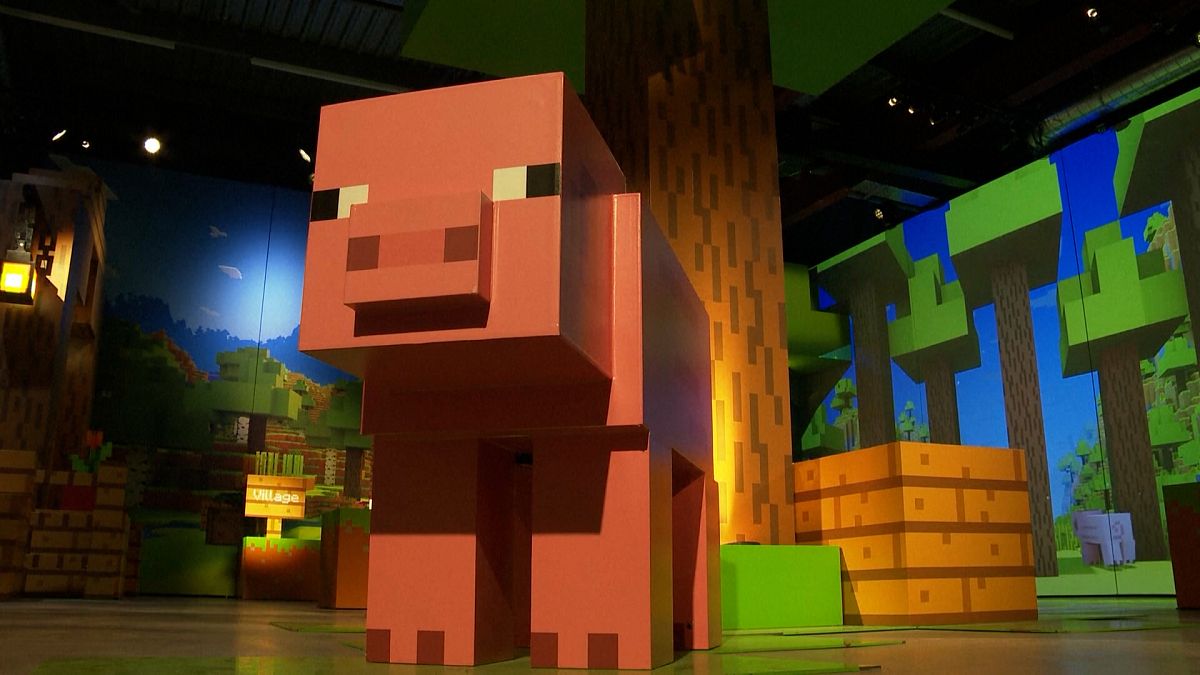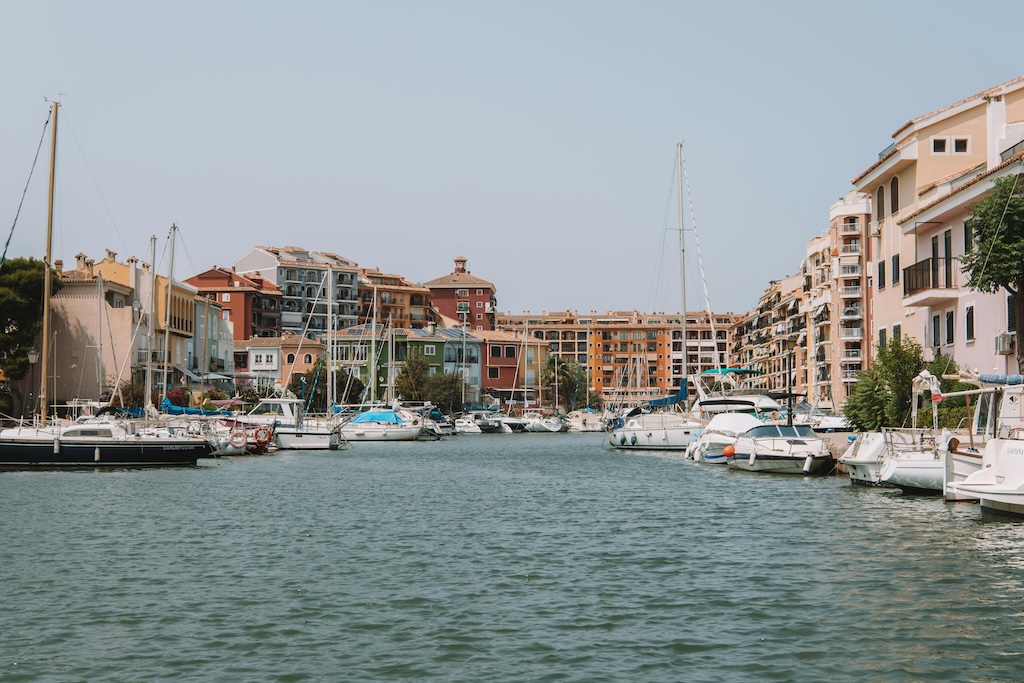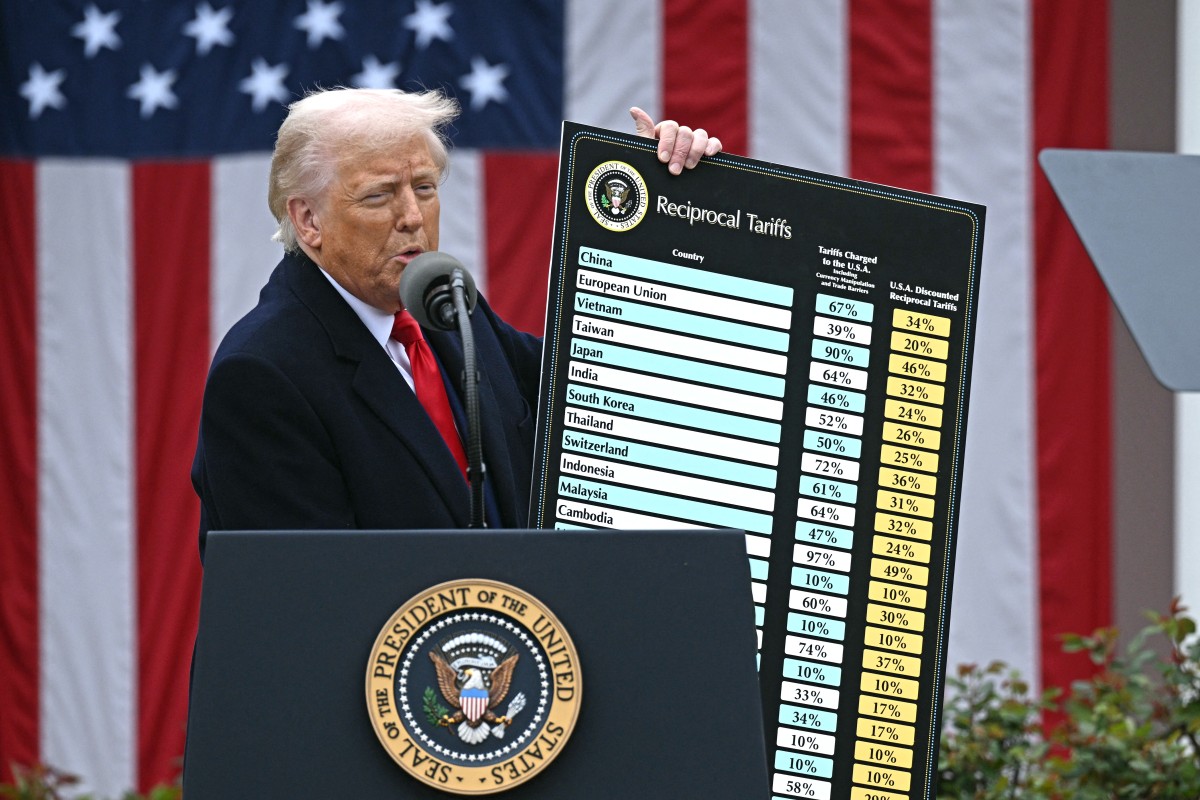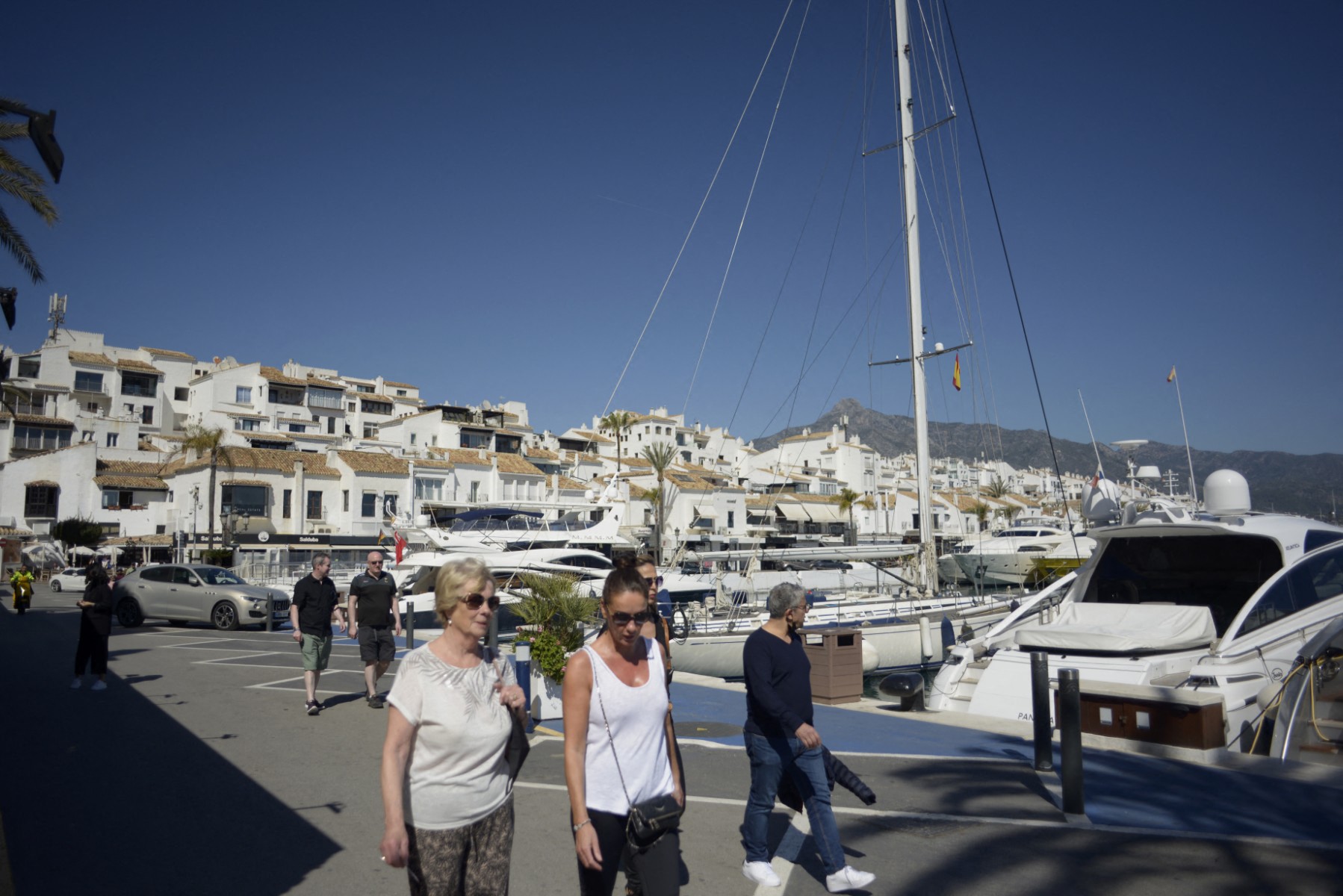EU ‘prepared’ to retaliate against Trump’s 20 percent t...
“We are now preparing for further countermeasures,” says European Commission Pre...
Wie es für Trump nach der Trennung von Musk weitergeht
– Musk geht, Trumps neue Zölle kommen: Chaos-Tage in der US-Administration. Jona...
EU and Central Asia forge strategic partnership at firs...
Leaders from the EU and Central Asia met in Samarkand to enhance economic and po...
Thousands of Slovaks protest against Russian-style law ...
Citizens across Slovakia have been protesting for months over Prime Minister Rob...
UK house prices rise 4% as buyers rush to beat stamp du...
UK house prices rose 3.9% in March as buyers moved quickly to complete purchase...
UK food inflation rises as early Easter spending boosts...
UK food inflation climbed to 3.5% in March, driven by chocolate and confectione...
“They RUINED My Prom Night!”: High School Seniors Call ...
Prom season has turned into an absolute nightmare for a plethora of high school ...
How To Style Bloomer Pants, 2025’s Most Surprisingly We...
.disclaimer{width:90%;margin-bottom:1rem}.disclaimer__lines{width:100%;margin:0 ...
Zac Posen Is Launching GapStudio To Fulfill Your Elevat...
.disclaimer{width:90%;margin-bottom:1rem}.disclaimer__lines{width:100%;margin:0 ...
TIPS: If you are SHORT and BULKY
Nobi says: ✓ Clothing must fit well. ✓ The shoulder is likely to be your na...
Cottage Cheese Baked Eggs
Cottage Cheese Baked Eggs Get all the protein you need in the morning, all in o...


